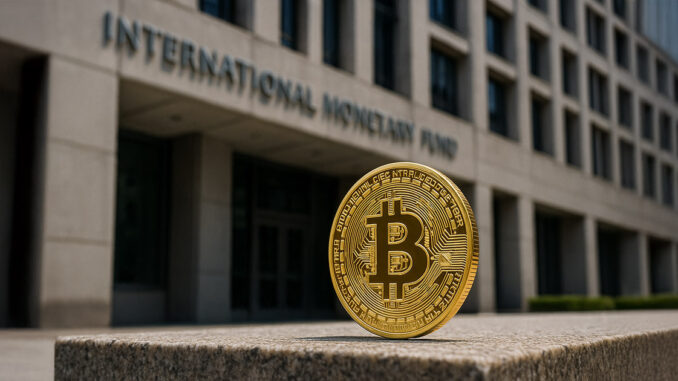
American economist Kenneth Rogoff believes that the rise of crypto poses a threat to the hegemony of the U.S. dollar.
Rogoff previously served as the chief economist at the International Monetary Fund (IMF) and on the Federal Reserve Board. He is a published author and an economics professor at Harvard University.
In an interview with Bloomberg, Rogoff said that while the U.S. dollar is still the most dominant global currency, its influence is decreasing.
“I see it [dollar’s dominance] as in decline — it’s fraying at the edges where, of course, the renminbi is breaking free of the dollar, the euro is going to have a larger footprint — that’s been going on for a decade.”
One of the contributing factors, according to Rogoff, is the growing usage of crypto for tax evasion and bypassing sanctions.
Crypto is already eating away at the U.S. Dollar’s dominance
Rogoff said that one of the main markets for the U.S. dollar is the underground economy, sometimes referred to as the gray market or the shadow economy. The largest chunk of the underground economy, which the government cannot easily trace, is made up of tax evaders. Transactions conducted by criminals are also part of this economy, albeit a small one, he said.
As per Rogoff’s estimate and a World Bank survey, the underground economy constitutes about 20% of the world economy. That makes the underground economy worth around $20-to-$25 trillion, depending on the value of the dollar.
Earlier, the preferred mode of payment for such transactions used to be U.S. dollar notes. But now, crypto is increasingly emerging as the new favorite. In his latest book, Our Dollar, Your Problem, Rogoff states that cryptocurrencies have already started chipping off at the dollar’s global standing. In his interview, he said:
“…although crypto has not made significant inroads into the legal economy, it is increasingly used in the global underground economy – consisting of criminal activity but mainly tax and regulatory evasion – where cash, especially US dollars, had been king.”
The dollar losing its footing to crypto impacts the larger global market by making everything more expensive through rising interest rates. From Treasury bill rates and mortgages to car and student loans, all interest rates are affected by the dollar’s declining influence. This is because the U.S. enjoys “exorbitant privilege” from the dollar being the most important reserve currency, he explained.
Additionally, U.S. authorities track financial flows to gather information about potential threats to national security, and a loss in the dollar’s market share makes that more difficult.
Ironically, last year, Senator Cynthia Lumis said that having Bitcoin (BTC) in reserve can help the dollar “remain strong.”
‘Crypto has value,’ Rogoff says
According to Rogoff, critics who believe cryptocurrencies are just scams with no value are “completely wrong.” He said:
“The notion that there is no ‘fundamental value proposition’ in transactions use [of crypto] is just wrong.”
Rogoff explained that cryptocurrencies provide an accepted medium of exchange, which is a value proposition. Even if the government heavily regulates crypto, it will still face significant challenges controlling the underground economy, where it has less leverage, he said.
Therefore, Rogoff insists that “crypto has value.” The difficulty that authorities will face in tracking crypto transactions in the gray market is significant, which means crypto is “not worthless,” because “there’s a lot at stake here,” he added. However, he clarified:
“Crypto can’t replace the dollar. But that’s in the legal economy where the government has a lot of leverage. But in the underground economy, by definition, it has much less leverage.”





Be the first to comment